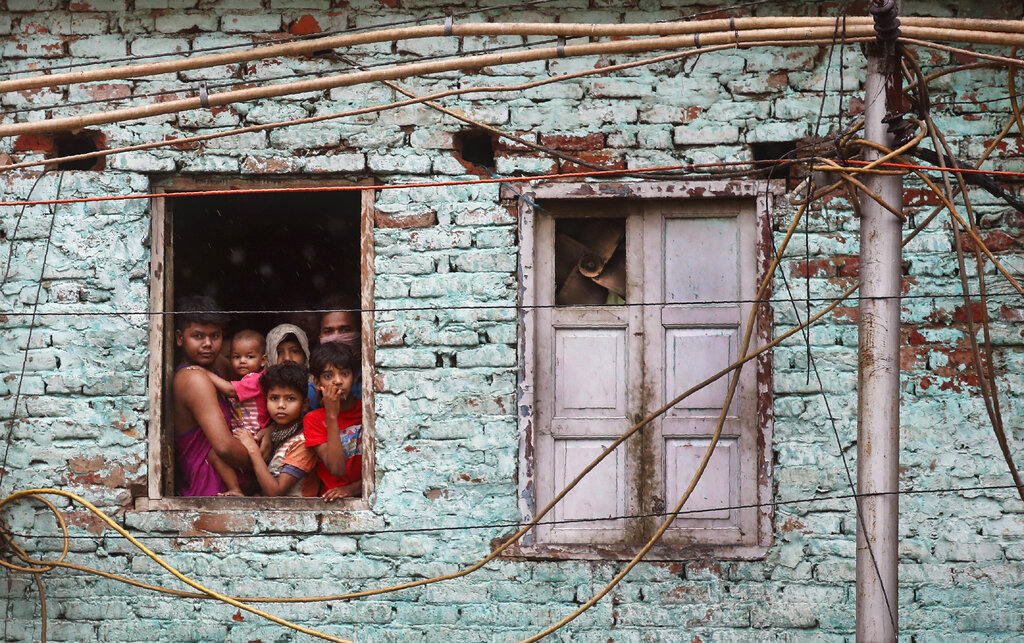Two recent surveys have found large-scale livelihood distress in rural and urban areas, with families forced to reduce meals, sell their rabi crop and livestock cheap, and borrow from private moneylenders who tend to charge exorbitant rates.
Seven NGOs carried out a phone survey in collaboration with two research organisations, covering 5,100 households from 47 districts in 12 states between April 27 and May 2.
Azim Premji University conducted another phone survey between April 13 and May 9, covering 3,970 households across the country.
The NGOs’ survey found that more than one-third of the respondents had no surplus food left from the last kharif crop, and an equal proportion had no seeds for the upcoming kharif season.
Sixteen per cent said they had not received food under the Public Distribution System (PDS). About 68 per cent said they had reduced items in their meals and 50 per cent said they had cut the number of meals.
Nirmalya Choudhury, senior researcher at Vikasanvesh Foundation, a Pune-based private development research centre and a partner in the survey, said the extent of the overlap between families that had cut their menus and those that were eating fewer meals would be clearer after further study.
About 22 per cent families said they had sold their sheep, goats, ducks and hens; 38 per cent had borrowed money from private moneylenders or relatives, while 14 had pawned belongings.
Some 23 per cent of the households said they sold milk, and half of them reported a reduction in sales. About 56 per cent of the households said they reared poultry --- and 40 per cent of them said sales had slumped.
Twenty-nine per cent said their children would drop out of school after the lockdown ended; 32 per cent said they had postponed family events.
Choudhury of Vikasanvesh said the survey had tried to cover as many households over the phone as it could. He said the coronavirus crisis and the lockdown had ruled out any scientific sampling procedure.
“We are suggesting that people’s dependence on PDS has increased, so enhance food entitlement,” he said. “Food crop production too should be incentivised. More employment should be generated. Spreading MGNREGA (rural job guarantee scheme) work is an ideal way.”
The NGOs that participated in the survey are Professional Assistance for Development Action, the BAIF Development Research Foundation, Action for Social Advancement, SATHI-UP, the Aga Khan Rural Support Programme, Grameen Sahara and the Transforming Rural India Foundation.
Sambodhi of Lucknow was the other research organisation, apart from Vikasanvesh, to take part.
Azim Premji University’s Covid-19 Livelihood Phone Survey found that members of two-thirds of the households had lost employment, the figure being 57 per cent in rural areas and 80 per cent in urban areas.
It found that the weekly earnings of casual workers had fallen by half. Half the salaried workers went unpaid or faced salary cuts.
Half of all the farmers were unable to harvest or sell their produce, and about 37 per cent had to sell their produce cheap.











